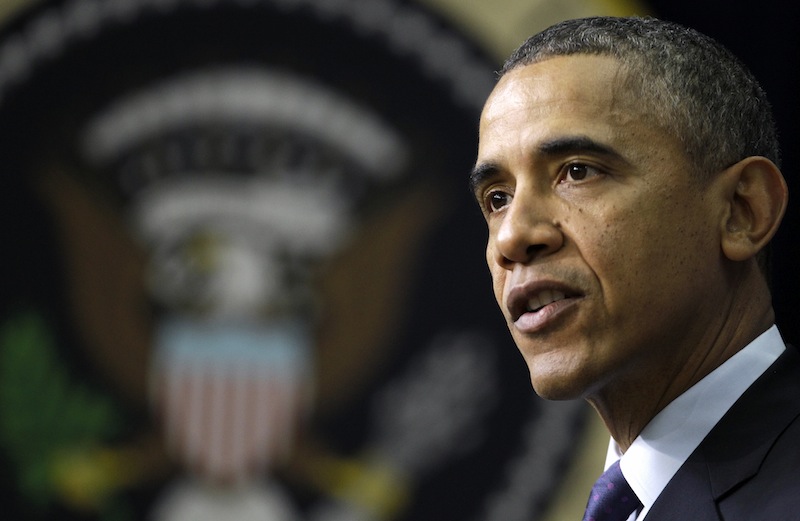WASHINGTON (AP) — The Obama administration hopes to fight global warming with the geeky power of numbers, maps and even gaming-type simulations.
Officials figure the more you know about climate change the more likely you will do something.
The White House on Wednesday announced an initiative to provide private companies and local governments better access to already public climate data. The idea is that with that localized data they can help the public understand the risks they face, especially in coastal areas where flooding is a big issue.
The government also is working with several high-tech companies, such as Google, Microsoft and Intel, to come up with tools to make communities more resilient in dealing with weather extremes, such as flooding, heat waves and drought. They include computer simulations for people to use and see what would happen with rising seas and other warming scenarios. Also, companies will hold brainstorming sessions with computer programmers aimed at designing new apps on disaster risk.
NASA and the National Oceanic Atmospheric Administration will try get people to create simulations to understand flooding risks in an upcoming coastal flooding challenge. One effort would include putting sensors on Philadelphia city buses to collect data to track the effect of climate change.
In its second term, the administration has made more of an effort to connect global warming to its effect on people, especially extreme weather and disasters. White House advisers John Podesta and John Holdren in a blog said the idea is to create easy-to-use tools for the average person to prepare people to be more resilient to the harms of climate change.
Social science literature shows that the more people think a problem, like global warming, is closer to home and immediate, the more likely they are to act, said Cornell University professor Jonathan Schuldt, an expert in environmental communications. But, he added, if people look online and see that their city is not at higher risk from climate change, that could backfire on the Obama administration and make those people less likely to do something.
Climate scientist Chris Field of the Carnegie Institution for Science, who later this month will be the chief author of a massive United Nations affiliated report on the impacts of global warming, hailed the efforts.
“It is especially important for people, communities and firms to understand the features of their environment and their operations that create climate risk,” Field said in an email. “We need a serious, sustained conversation about climate change and dealing with it in a responsible manner.”
The federal government plans a clearinghouse website for climate data at http://climate.data.gov
Copyright 2014 The Associated Press. All rights reserved. This material may not be published, broadcast, rewritten or redistributed.






